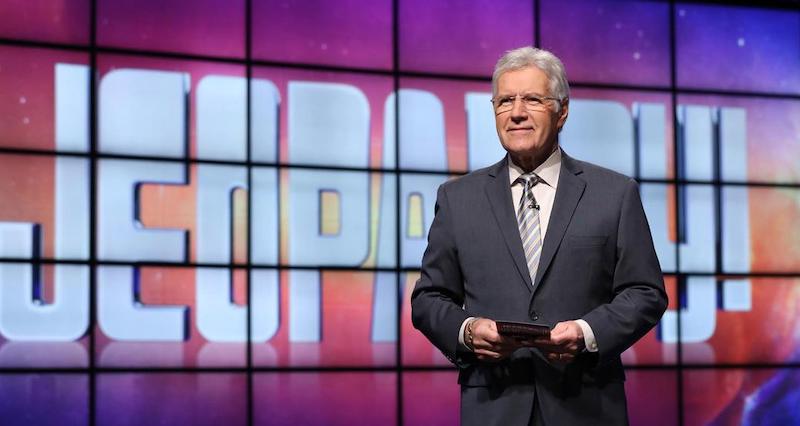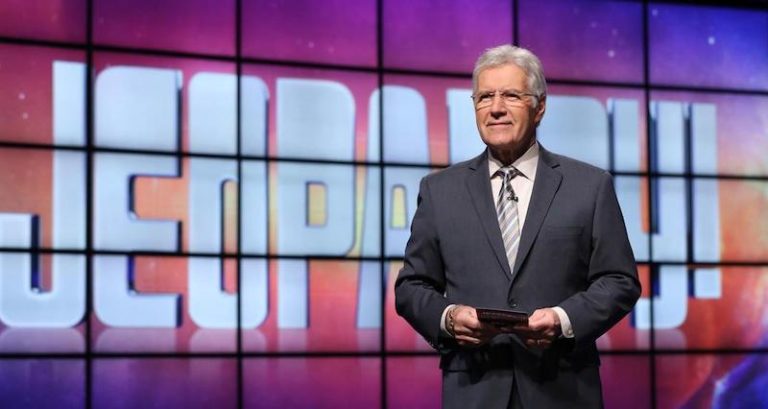
After a long battle with pancreatic cancer, TV legend Alex Trebek passed away at his home on November 8, 2020, surrounded by his family and friends. His death left generations of Jeopardy! fans shocked and heartbroken, as his presence remains to be a lasting and cherished memory in households across the country.
Alex was born and raised in Canada. He later left his hometown of Sudbury to attend the University of Ottawa High School in the Canadian capital. He graduated in 1957 and then attended the University of Ottawa to study philosophy.
Alex's philosophy studies ended when he graduated in 1961. He instead turned to a career in journalism, landing his first job as a fill-in reporter and newscaster with the Canadian Broadcasting Corporation, CBC TV.
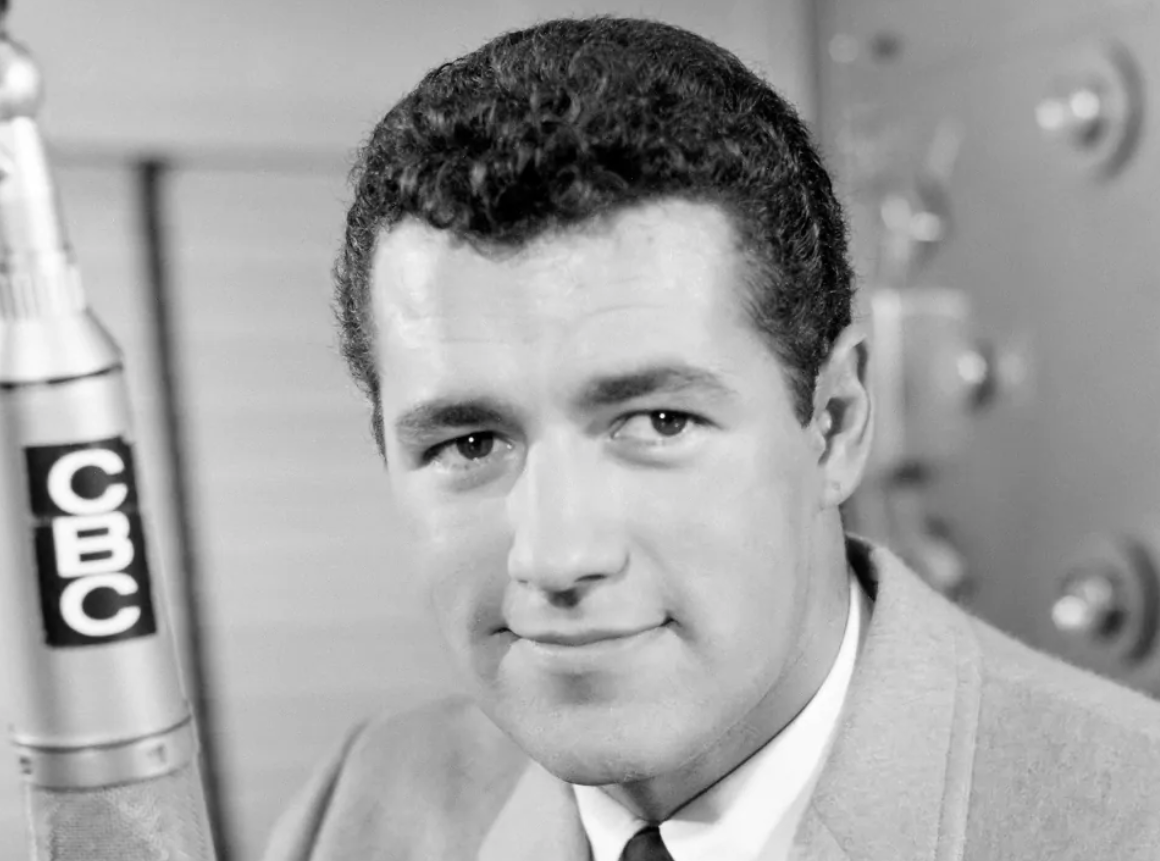
While he was savvy on camera with his cool on-screen demeanor, he decided to take on the more lucrative field of hosting game shows in 1966. Alex hosted the Canadian quiz show Reach for the Top, which had high school students going up against each other in academic competitions.
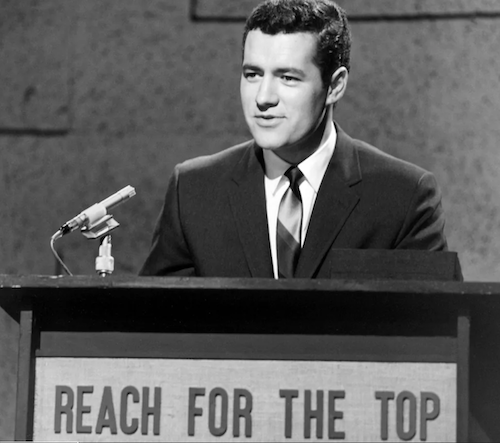
In 1970, he shifted to the nationally-televised level with the Canadian game show Jackpot.
After enjoying success in Canada, Alex left in 1973 to pursue a hosting career in Hollywood. He hosted his first American television game show, The Wizard of Odds. The show only lasted one season. Alex's other game show host gigs included:
- High Rollers (1974-76 and again from 1978-80).
- The $128,000 Question (1977-78)
- Pitfall (1981-82)
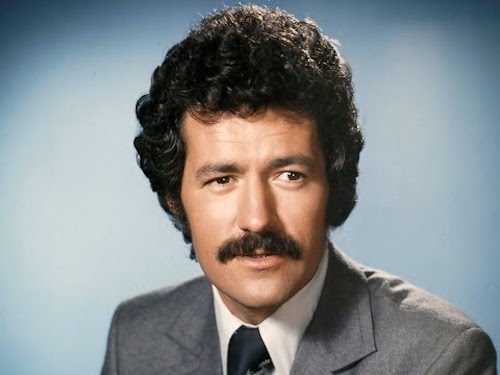
But it was in 1984 that Alex's life would change forever. ABC tapped him to host a game show called Jeopardy!, created by Merv Griffen, who also created Wheel of Fortune. Jeopardy! was a reboot of a popular trivia competition of the same name that aired from 1964 to 1975.
As most know, the show employed a unique format in which clues were offered in the form of answers and contestants answered in the form of questions. Alex's version of Jeopardy! became one of the most popular game shows in television history. He became a pop culture icon and won multiple Daytime Emmy Awards for Outstanding Game Show Host.
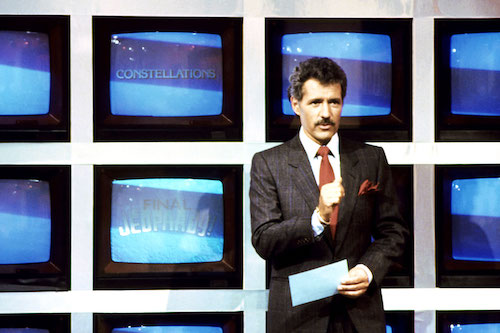
In memory of Alex Trebek, we've compiled ten of his most inspiring quotes that screenwriters can use in their screenwriting journeys.
10 inspiring Alex Trebek quotes for screenwriters
Explore all subjects for concepts and inspiration
I’m curious about everything. Even subjects that don’t interest me.
Curiosity is what can make an average screenwriter great. It's easy to stick with what you know. Heck, screenwriters are bombarded with that advice — write what you know. Most screenwriting books, courses, panels, and gurus tell you that endlessly. But you'd be surprised how much curiosity can inspire you to write new and better screenplays.
It may come in the form of:
- A new book that you stumbled upon.
- A news headline that piqued your interest.
- A true-crime documentary or series that you found while searching streaming channels.
Curiosity drives your imagination. And when you find yourself discovering a new world, new subject, or new types of people (characters), the inner drive to learn more will also jumpstart your creativity.
Follow your heart
I want to thank myself... I graduated from the University of Ottawa and had a few career opportunities available, but I chose television and I’ve never, ever regretted that decision.
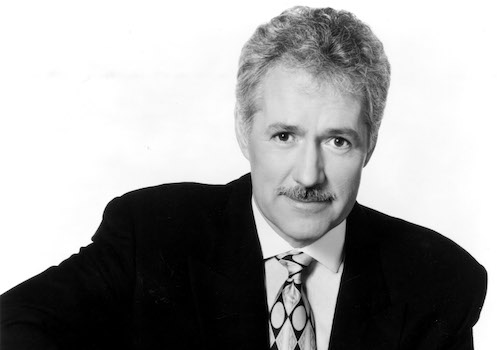
Alex was a philosophy major and had some career avenues possible. Then he had a promising career in journalism going, but later felt pulled to hosting game shows. In life, you need to follow your heart and trust where it is pulling you.
In your screenwriting career, you may eventually find something better within the industry that suits you. There's nothing wrong with that. And if your heart is telling you that screenwriting is the way to go, then that's where your destiny lies. And even after you've made that decision, you're going to face plenty of others within that realm.
- Do you want to write for television?
- Do you want to write for the big screen?
- Do you want to direct your own screenplays as an indie filmmaker?
- Do you want to explore the new mediums of videogames, apps, and the internet?
Whatever you do, follow your heart. If you try to write things that you don't have a passion for, you will burn out quickly. You need that passion to fuel you through the grind of pursuing a screenwriting career. And that passion comes from the heart.
Be a Jack or Jane of all genres
I did everything – I did newscasts; I did sports; I did dramas.
Every screenwriter has their niche, yes. But you also need to display some diversity in your work. Even the greatest comedians (Jerry Lewis, Robin Williams, Jim Carrey, etc.) turned to drama. Even the greatest dramatic actors (Robert DeNiro, Al Pacino, etc.) turned to comedy. Jordan Peele was a contemporary master at comedy. He could have ridden that comedic horse for the rest of his career — but he turned to horror and thrillers. And he became a contemporary master at them.
If you've been writing horror throughout your screenwriting career, try to tackle a romantic comedy. If you've been writing action most of your life, why not tackle a drama? And even better yet, try blending what you've proven to be great at with something new you'd like to explore.
Read ScreenCraft's The Power of Genre-Blending Screenplays!
But also master your niche
We are all experts in our own little niches.
Yes, you want to be a Jack or Jane of all trades. But you also want to be known as a master of your niche. Skillsets are vital for a career in screenwriting. Most screenwriting gigs are assignments. And Hollywood usually brings in the most skilled "artist" they can find to tackle a particular project.
- If you're known for action, write the best action.
- If you're known for comedy, write a hilarious comedy.
- If you're known for dialogue, write the most compelling dialogue.
Typecasting has a positive outcome in Hollywood — it gets you jobs. And as a screenwriter, each job — big or small — is a blessing. Embrace what you're good at. And then become better at it. You'll have plenty of time to explore all genres and challenge yourself in that respect. But first, you need to do your best to make a name for yourself. You want that development executive to say, "Man, Ken is amazing at writing action. We should bring him on this project."
Why so serious?
Take your job seriously, but don’t take yourself too seriously.
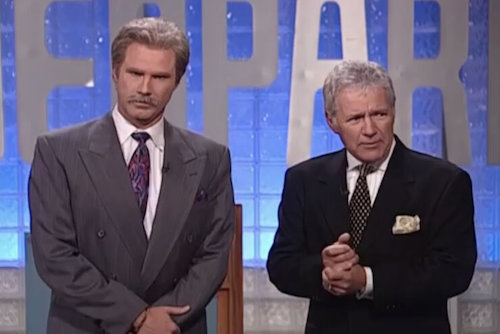
Take it from a 20-year vet of the industry (and especially from a 60-year vet like Alex was), life is too short to take yourself too seriously. When you're tackling a screenwriting project, yes, you need to take it seriously. It should still be made fun and inventive, but you need to be disciplined to get the job done.
However, you need that balance in your life. Screenwriting can be stressful. The constant rejection can be heartbreaking. The early failures of your writing can bring you down. So you need that balance in your life between screenwriting and you as a person. Enjoy life. Have fun. If you need to, take a break from screenwriting and explore other interests. Be social. Hang with your friends and family. Enjoy the little things in life. Then, after you've reset and recharged yourself, jump into another project.
Know when to shut your characters up
It’s very important in life to know when to shut up. You should not be afraid of silence.
We're going to take this quote and tackle it from another context — even though these wise words apply to your life as well. Instead, we're going to talk about dialogue in your screenplays. As a former studio reader and story analyst, I can't even begin to tell you how many scripts I've read that should have embraced character silence in their scripts.
Most novice screenplays use dialogue as a crutch.
- They use it to tell the story.
- They use it to tell the inner thoughts of the characters.
- They use it for bad exposition.
Read ScreenCraft's Three Easy Ways to Write GOOD Exposition in Your Scripts!
As a screenwriter, it's essential to know when to shut your characters up. You, the screenwriter, should not be afraid of silence when it comes to screenplay dialogue. You can say so much more with actions and reactions — and silence.
Stop looking in the review mirror of your screenwriting efforts
I don’t spend any time whatsoever thinking about what might have been.
Screenwriters can get caught in the hopelessness of what might have been.
- If I would have won that contest...
- If the production company would have accepted my query...
- If I would have gotten that writing assignment...
- If that show would not have used the idea I had...
It will drive you crazy. There's no sense in living in the past and pondering over what might have been. You know what? It didn't happen that way. You can't go back in time and change those effects. If you spend another minute pondering what might have been, that's a lost minute you could have spent pondering and planning on what you're going to do next. Learn from your mistakes, your failures, your near-hits, and your misses. Onward.
Alex also wisely once said, "My life is what it is, and I can’t change it. I can change the future, but I can’t do anything about the past."
Are you happy with what you're getting?
The secret to happiness, of course, is not getting what you want; it’s wanting what you get.
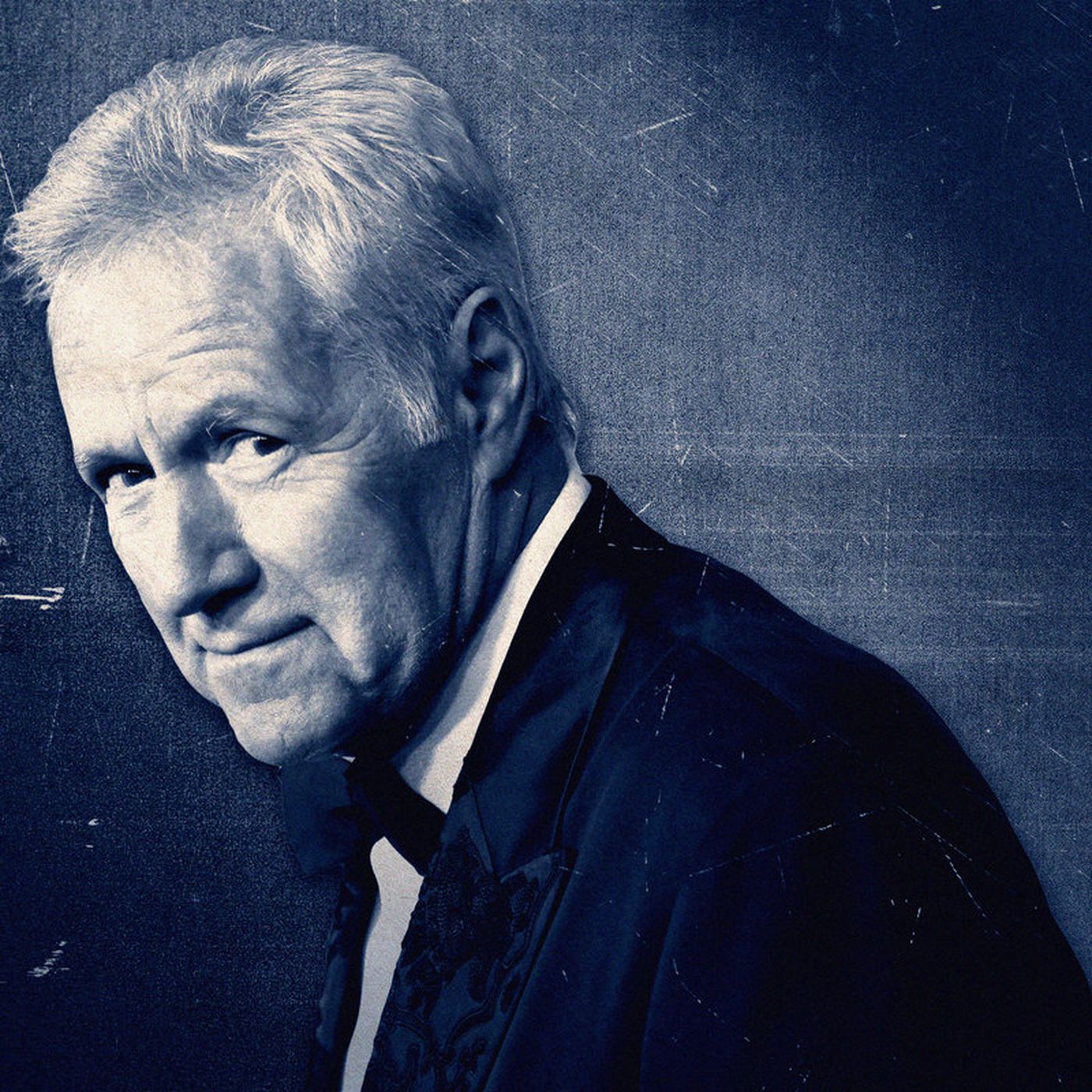
You know the old expression, "Be careful what you wish for. You just may get it." Happiness and contentment in your screenwriting journey don't always come with getting what you want. It's about wanting what you get that keeps you happy.
Yes, any screenwriting job is a blessing. But if you're taking an indie gig for $500 and spending hours upon hours writing a script that's not yours, are you happy? And later in your career, if you're taking on screenwriting contracts that pay little and are being produced with lackluster budgets and cast, are you happy?
Those gigs will fill in a monetary void, yes. But you'll also find yourself burning out quickly if there's no invested passion behind it.
It also applies to the development trend of open writing assignments with name studios and companies. If you're given an opportunity to pitch, outline, and write the first draft for free, are you happy? Sure, there's a time and place for that now and then, but eventually, you'll find yourself, again, burning out. Especially when they go another direction.
Read ScreenCraft's 10 Steps Screenwriters Can Take to Avoid Writing for Free!
You need to make sure you're happy. Yeah, everyone has to pay their dues. But that gets old, and you can find yourself selling your soul for little to nothing.
Be a do-er, not a thinker
Saying that I’ve THOUGHT about it doesn’t mean that I’m DOING it.
You're not a screenwriter until you are screenwriting. You're not writing a script until you are writing a script.
You know what we're talking about here. You know that you've said that you were working on this or that, but you really weren't. You know someone has asked you what you're writing, and you've given them an answer knowing full-well that you haven't even started it yet.
All screenwriters have been there. It's time to just do it.
Be restless in your endeavors
Have you ever met a successful person who wasn’t restless — who was satisfied with where he or she was in life? They want new challenges. They want to get up and go — and that’s one of the reasons they’re successful.

Screenwriters should never be content.
- You should always be moving forward.
- You should be restless.
- You should feel like you don't have the time to write everything that you want to write.
And when you finish that script, you should be restless and excited to move onto the next.
That's what successful screenwriters are like. They want more. They want to challenge themselves. They get bored with complacency. When they've become successful in one genre, they want to tackle another. That's one of the reasons why they are successful.
It doesn't mean you always have to love it. It doesn't mean you can never take a vacation away from your scripts. The secret is shifting your mode of thought and process.
- If you're not typing, you're visualizing
- If you're not visualizing, you're researching
- If you're not researching, you're finding the next concept
RIP Alex Trebek. Your legacy lives on in your wise words, your family, and years worth of Jeopardy! reruns.
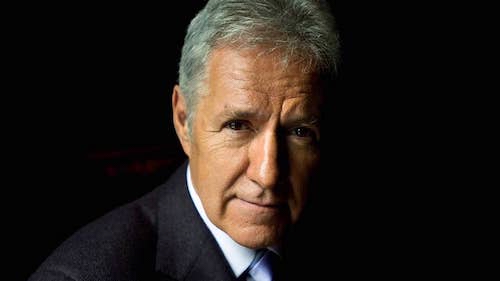
Ken Miyamoto has worked in the film industry for nearly two decades, most notably as a studio liaison for Sony Studios and then as a script reader and story analyst for Sony Pictures.
He has many studio meetings under his belt as a produced screenwriter, meeting with the likes of Sony, Dreamworks, Universal, Disney, Warner Brothers, as well as many production and management companies. He has had a previous development deal with Lionsgate, as well as multiple writing assignments, including the produced miniseries Blackout, starring Anne Heche, Sean Patrick Flanery, Billy Zane, James Brolin, Haylie Duff, Brian Bloom, Eric La Salle, and Bruce Boxleitner, and the feature thriller Hunter’s Creed starring Duane “Dog the Bounty Hunter” Chapman, Wesley Truman Daniel, Mickey O’Sullivan, John Victor Allen, and James Errico. Follow Ken on Twitter @KenMovies
For all the latest ScreenCraft news and updates, follow us on Twitter, Facebook, and Instagram.
Tags
Get Our Screenwriting Newsletter!
Get weekly writing inspiration delivered to your inbox - including industry news, popular articles, and more!


